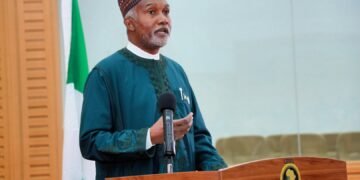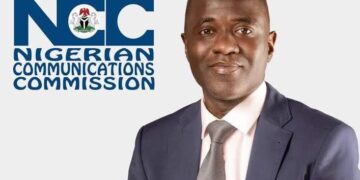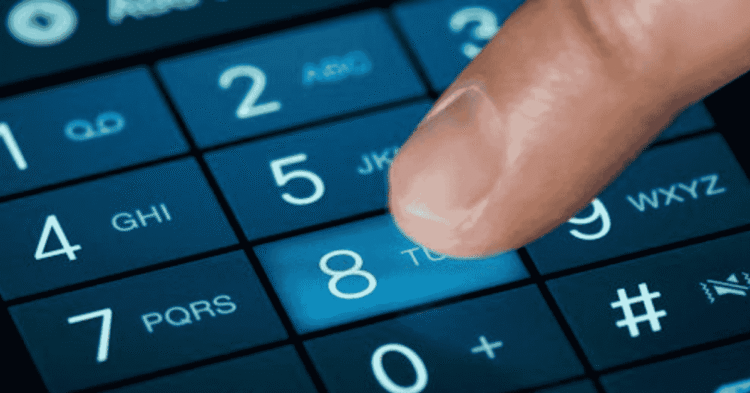After years of consumer frustration over failed airtime top-ups and disputed mobile data charges, Nigeria’s two most powerful regulators — the Central Bank of Nigeria and the Nigerian Communications Commission — have agreed to create a joint framework to standardize how airtime recharges are processed.
The collaboration, announced this week by the NCC, represents one of the clearest attempts yet to bring order to a system that has long been plagued by complaints of failed transactions, unexplained data depletion and uneven network quality.
“Subscribers have for too long faced challenges such as being debited without receiving credit during airtime top-ups, or seeing their data disappear faster than expected,” said Aminu Maida, the Commission’s chief executive, in Abuja. “These are the issues we are now determined to fix in a structured and lasting way.”
At the center of the initiative is a joint task force established by the two regulators. Its mandate: to draft and implement a framework that will unify and streamline recharge operations across Nigeria’s sprawling telecom and financial services sectors. Officials say the new system is expected to impose common standards that will guarantee fairness, transparency and accountability for consumers.
The NCC has also revised its Quality of Service guidelines in a bid to tighten regulatory oversight. The Commission says the new standards will compel mobile operators to strengthen service delivery and improve reliability for the country’s more than 200 million telecom subscribers.
For regulators, the partnership underscores a growing recognition that Nigeria’s digital economy cannot thrive without greater consumer confidence in basic services. By ensuring that a routine task like buying airtime works seamlessly, officials argue, they are laying the foundation for broader digital adoption — from mobile banking to e-commerce.
“This is part of our ongoing focus on consumer protection,” Mr. Maida said. “When we get the fundamentals right, it creates trust, and trust is what allows the digital economy to expand.”
The framework, once finalized, will mark the first formal alignment between Nigeria’s banking and telecom regulators on an issue that directly touches nearly every household in Africa’s most populous nation.

































